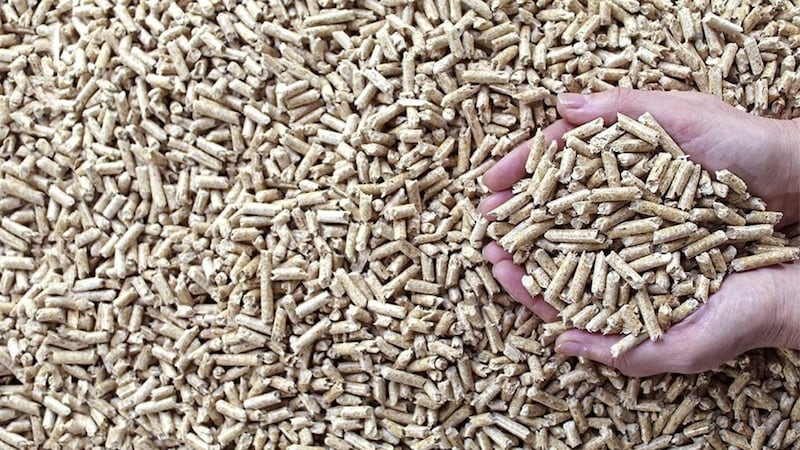Northern Ireland’s economy grew by 1.4% in the first three months of 2024 and is up 1.1% over the year, official data reveals.
It’s the best quarterly growth since the end of 2022, and outstrips the whole of the UK, where the needle fell by 0.6% over the quarter and by 0.2% over the year to March.
The figures are contained in the latest Northern Ireland Composite Economic Index (NICEI), which is closest thing Stormont has to measuring gross domestic product (GDP).
And a new series high was reached, with NI economic output now 30.0% above the series low point in the second quarter of 2020, which Covid had businesses locked in its stranglehold.
The largest contribution to change over the quarter came from increased economic activity in the services sector (up 1%), as well as in construction (up 0.4%) and agriculture (up 0.1%).
And when comparing the region’s economy to its pre-pandemic position all sectors except production have had a positive contribution to economic activity.
Over the year the NICEI increased by 1.1%, led by positive contributions again from services (+1.5%), construction (+0.2%) and the public sector (+0.1%), though on an annual basis there was still a drag in the production sector (down 0.7%).
In terms of pre-pandemic change, the north’s economic output has increased by 7.6% when compared to quarter four in 2019.
Again the star performer was the increasingly dominant services sector (it covers a broad swathe of activity including retail, hospitality and business services), which grew by 5.1% over that time.
But while the north is 7.6% above its pre-pandemic position and is outperforming both the Scottish and UK economies in this regard, GDP in the Irish Republic grew at 21.4% over the same time frame.
Output in Ireland, however, is now falling, with a decline of 5.9% over the last year.

Published in tandem with the NICEI report, the latest edition of the NI Construction Bulletin - which focuses solely on work carried out in the north and excludes that being carried out by local building firms in other parts of the UK or elsewhere - saw that output in January to March this year increased by 4.5%.
This it the third consecutive quarter of growth and the sixth consecutive quarter of annual growth, and construction output is also 13.0% above the pre-pandemic level seen in the final quarter of 2019.
The 2024 first-quarter improvement was driven by increases in both new work (1.9%) and repair and maintenance (4.6%), while both the housing (2.2%) and infrastructure (18.3%) sub-sectors also increased.








